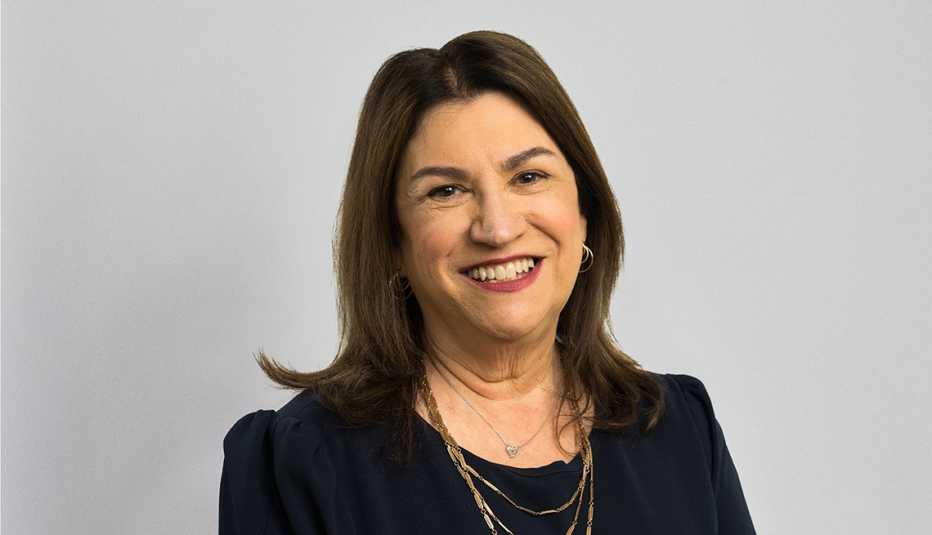Staying Fit


We founded Libenu in 2010 to address the need for residential services for adults with disabilities in the Chicago Jewish community. Libenu (Hebrew for “our hearts”) provides kosher homes for adults with a variety of physical, cognitive, intellectual and other developmental disabilities. Libenu also provides social and recreational activities, partnerships for vocational training and day programs, leadership in community education and advocacy, and after-school and overnight respite programs, allowing caregivers and families to get a rare break.
The problem I’m trying to solve
Individuals with disabilities have historically been marginalized, with limited opportunities for supportive housing, meaningful employment and recreation. Our respite programs were designed to meet the unique needs of families struggling to balance the needs of their child with special needs with the rest of their family, to reduce stress and improve their mental health. Libenu’s homes are designed so that people with disabilities can live comfortably and independently as fully included members in their communities. We thought about everything — from making the halls wide enough for wheelchairs to what kind of faucet handles and light switches would work for people without fine motor control. We built ramps that are discreet so they would blend into the neighborhood, and we talked to neighbors so they would embrace people who are different.
The moment that sparked my passion
I’d had a long career in special education, and I had run a Sunday school for Jewish children with disabilities. I also have a private practice for diagnosis, remediation and advocacy for children and adults with disabilities. What I was seeing were children I’d worked with turn 21 and “fall off the cliff,” meaning they no longer qualified for services. The last straw was when a longtime friend who had an adult son with cerebral palsy decided to move to a state where they could find the services their child needed. My initial intent was to persuade other existing organizations to address this issue. I was going to motivate the parents to do it. But the parents are exhausted, and everyone else thought what I had in mind couldn’t be done. Quite frankly, nothing motivates me more than being told that something is impossible.

































































More About AARP's Purpose Prize
Learn about previous winners and fellows
AARP's Purpose Prize FAQ
Read the official rules, eligibility, odds and prize disclosures